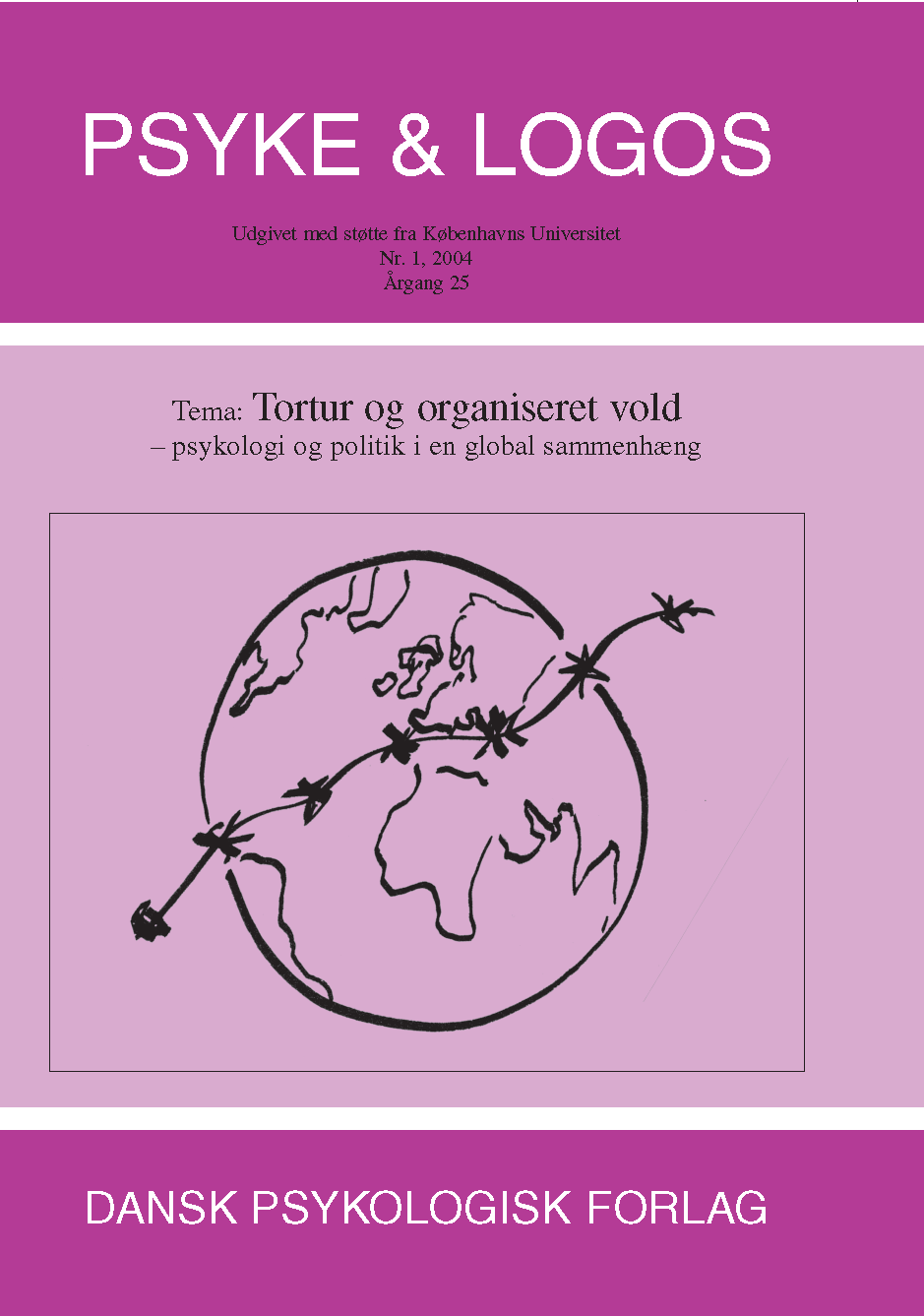CHALLENGES IN PSYCHOSOCIAL INTERVENTIONS IN THE AFTERMATH OF WAR AND POLITICAL VIOLENCE
DOI:
https://doi.org/10.7146/pl.v25i1.8662Nøgleord:
Torture, Organized violence, Politics, Psychosocial interventionsResumé
The political significance of mental health interventions in situations where there is – or has been – armed conflict constitutes a challenge to professional integrity and neutrality of mental health professionals. A case example from Kosovo illustrates how the trauma concept was introduced by the international community and used as an individualising explanatory mechanism: the trauma discourse flourished after the NATO bombings in 1999 and the invasion of international organisations that followed. American-sponsored scientific investigations found that almost half of the population showed signs of psychiatric illness. The trauma discourse distracted the attention from the social and political root problems in Kosovo. The emphasis of the new humanitarian discourse on victim-hood is now widely questioned, and there has been a change of paradigm towards more emphasis on a resilience-oriented Rights Approach exemplified by the Testimony Method. However, an example from Croatia illustrates how in some contexts of ethno-political conflict a suffering-based approach is the best option for mental health professionals who try to avoid political manipulation. The cultural challenge of mental health work in non-Western contexts is discussed, including the political significance of a community-based approach to counteract the devastation of war.
Downloads
Publiceret
Citation/Eksport
Nummer
Sektion
Licens
Ophavsret er tidsskriftets og forfatternes. Det er gældende praksis, at artikler publiceret i Psyke & Logos, som efterfølgende oversættes til andet sprog, af forfatteren frit kan publiceres i internationale tidsskrifter, dog således at det ved reference fremgår, at den oversatte artikel har et forlæg i en dansksproget version i Psyke & Logos. Artikler kan frit deles og linkes til på forsknings- og undervisningsnetværk (så som Blackboard). Link foretrækkes, fordi det giver oplysning om brug af tidsskriftets artikler.




